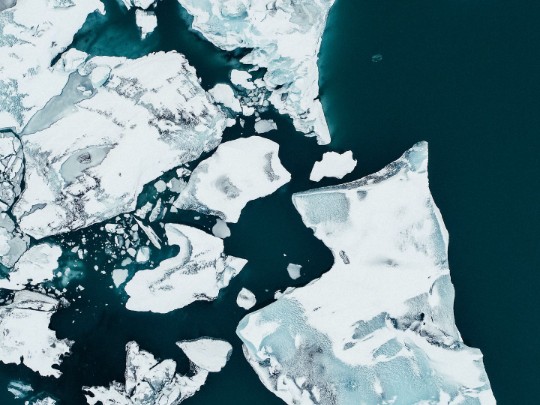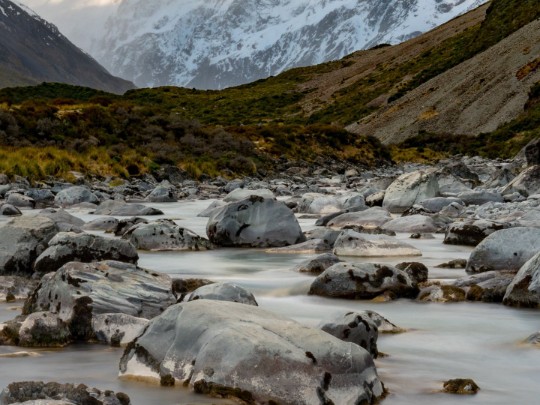Massive Impact: How Icebergs Shape New Zealand's Oceans and Climate

Icebergs – those breathtaking giants drifting across the Southern Ocean – are far more than just a pretty sight. Here in Aotearoa New Zealand, where our climate and marine ecosystems are intrinsically linked to the Antarctic, understanding their impact on our surrounding seawater is absolutely vital. These colossal remnants of glaciers are quietly reshaping our oceans, and the changes they bring are significant.
The most immediate effect is the release of freshwater as icebergs melt. While it might seem like a small change, this freshwater dilutes the salinity of the seawater. This seemingly minor shift has a surprisingly powerful consequence: it affects ocean currents. Colder, less salty water is denser, causing it to sink. This sinking action drives deep-sea circulation patterns – the engine that distributes heat and nutrients around our planet. Changes to this system can have far-reaching implications for New Zealand's climate and weather patterns.
But it's not just about dilution. Icebergs act as slow-moving barges, transporting sediments and crucial nutrients from glacial regions directly into the ocean. This influx of nutrients is a boon for marine life, particularly phytoplankton. These microscopic plants form the very base of the ocean's food web, and a boost in their populations can ripple upwards, supporting a thriving and diverse range of fish, marine mammals, and seabirds – all vital to New Zealand’s coastal ecosystems and fisheries.
Interestingly, icebergs also hold and release trapped gases as they calve from glaciers. This process subtly alters the ocean's chemistry, impacting everything from carbon dioxide absorption to the availability of essential elements for marine organisms. The long-term effects of these changes are still being researched, but the potential for disruption is real.
The accelerating pace of climate change means glacial melt is happening faster than ever before. As a result, the influence of icebergs on our oceans is only going to increase. Scientists are working hard to understand these complex interactions – to predict how changes in iceberg melt will affect ocean circulation, marine ecosystems, and ultimately, New Zealand’s climate. These frozen titans hold vital clues to the future health of our planet and our own backyard. We need to continue investing in research to ensure we're prepared for the changes ahead. Protecting our oceans is protecting our future.






